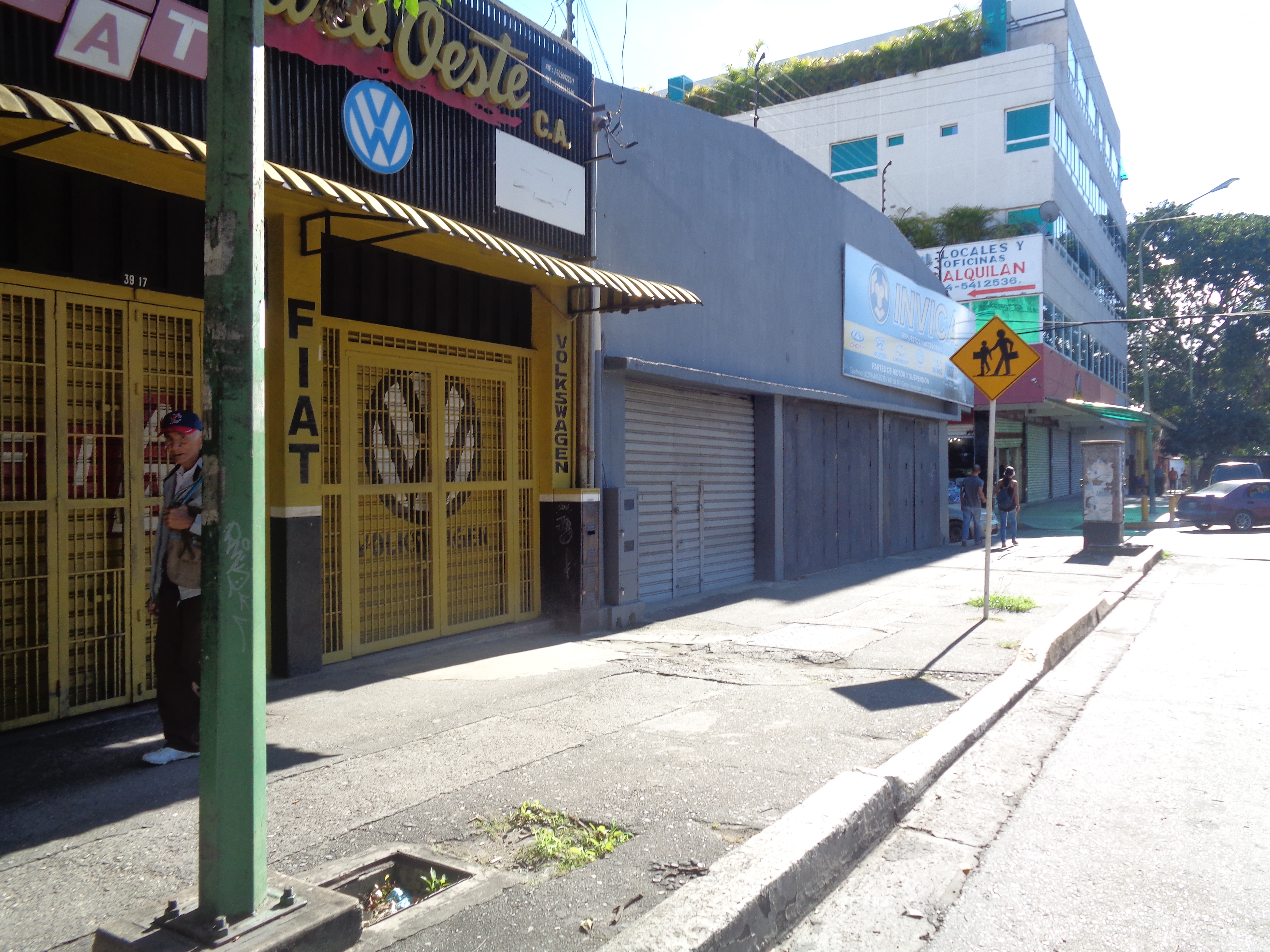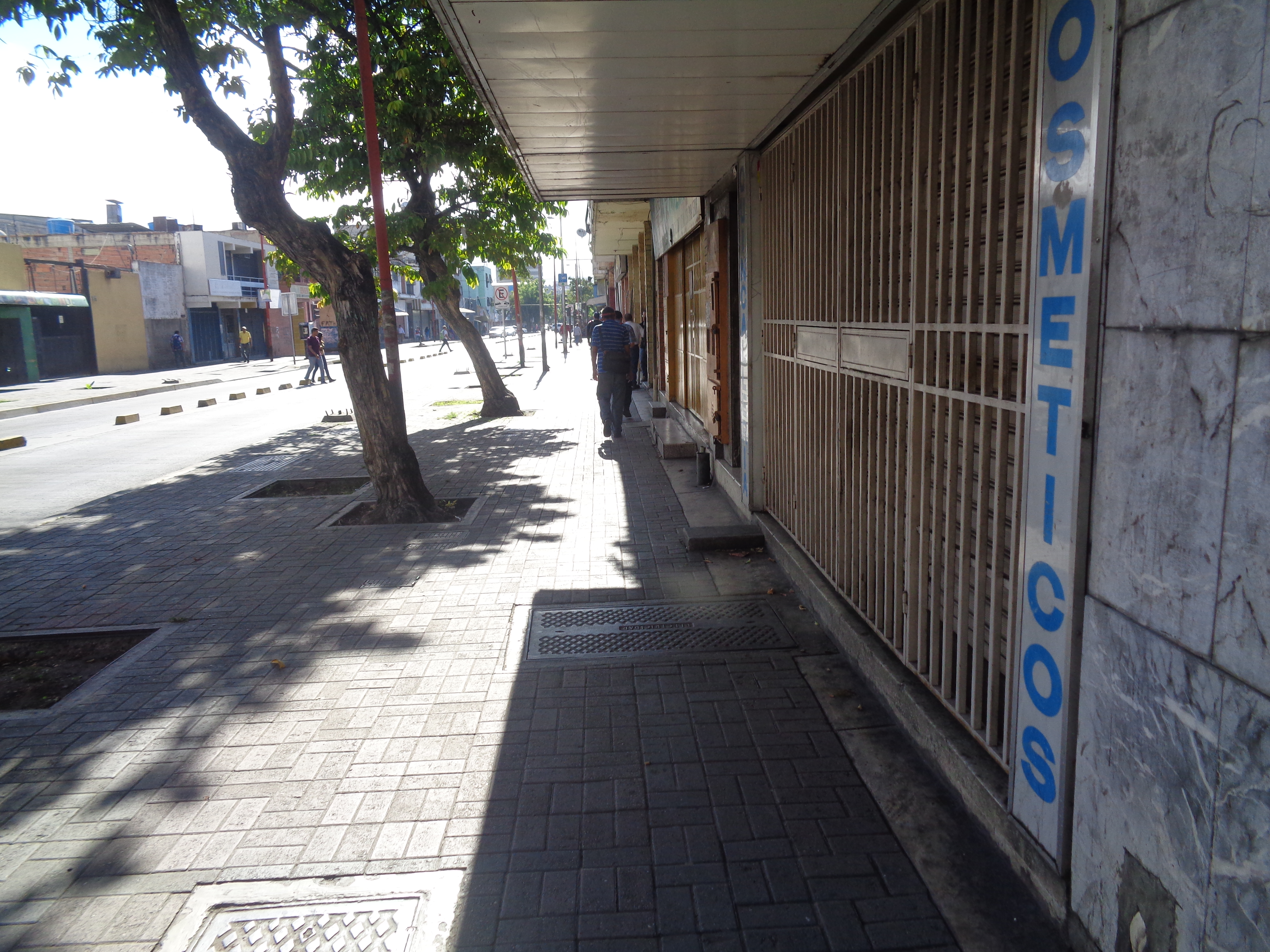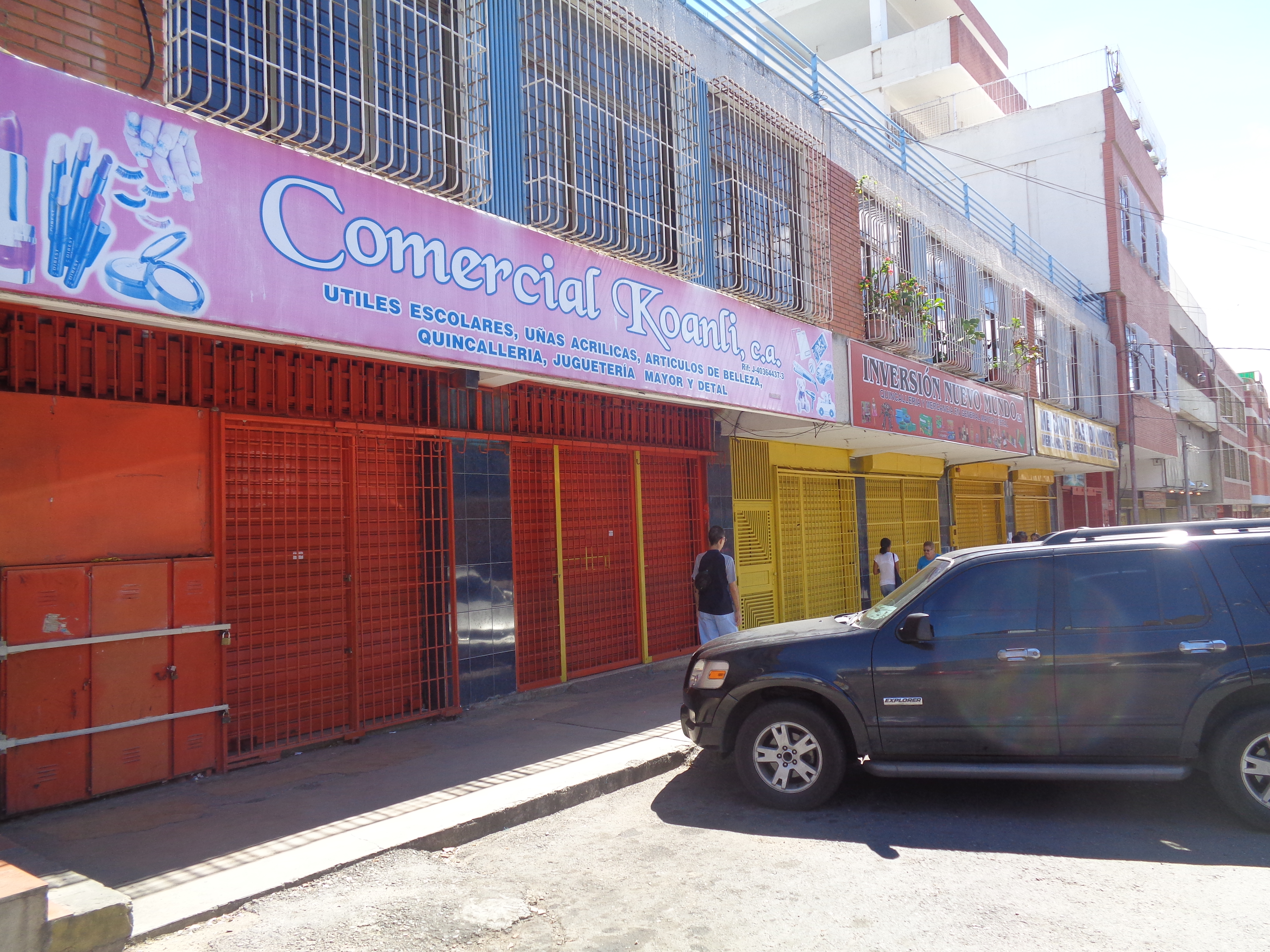Shop Owners Quiver As They Withstand Maduro’s Paquetazo
The economic measures recently imposed by Maduro caused uncertainty and fear among shop owners in Barquisimeto. They have no capacity to pay the new minimum wage and unemployment and shutdowns might become the new normal.


Photos: Rosender Evíes
According to Fedecámaras and Lara’s Chamber of Commerce, more than 200 companies have shut down and around 500 shops have declared bankruptcy in the last two years due to the national economic crisis, a hard blow for the products and services offered to Lara citizens.
The economic measures recently imposed by Nicolás Maduro’s regime keep causing uncertainty and confusion among Barquisimeto shop owners. Many think that companies and stores will shut down en masse, as they have no capacity to pay the Bs.F. 180 million (Bs.S. 1,800) wage to their employees, and they foresee that unemployment will increase exponentially along with company shutdowns. These decisions don’t solve the country’s serious problems, on the contrary, hyperinflation and the decline of workers’ purchasing power will intensify.
Although the minimum wage hike was published in the Official Gazette on September 3, business owners are filled with uncertainty and face great hardships to find raw materials, guarantee production and get the money to pay their employees. The government has said that they’ll finance payroll payments for small and medium companies for 90 days, but shop owners don’t know the methodology or the steps they must follow in order to get the promised subsidy. Also, they have no idea of how things will be like after the 90 days have elapsed and much less about the impact they’ll have on the new salaries and social benefits at the end of the year.
Carlos Quintero, owner of an auto parts store in the city, decided to keep his doors closed while the situation and the prices normalize. He says that his profits aren’t enough to pay salaries and replenish his inventory. “I can’t open the shop, I can’t work at a loss, and I really don’t know where I’ll find the money to pay my employees their wages.”
María Zabaleta, owner of a shoe store in the boulevard of Barquisimeto’s 20th Av., says that she joined the strike called by the opposition on August 21, but she felt pressured to open her shop due to the government’s threats. She says that her best choice is to sell all the merchandise, liquidate the store and avoid working at a loss. “These will be the last shoes I’ll sell.”
Pablo Chirinos, head of Lara’s Chamber of Commerce, cautioned that the economic announcements could unleash a wave of unemployment and ruined shops. Meanwhile, Fedecámaras Lara representative Alberto Gámez says that “the sector is frightened and we could see 35% companies shutting down.”
Giorgio Reni, representative of Lara’s Chamber of Industry, said that “there’s a process of decapitalization because the government hasn’t implemented corrective economic measures.”
Arrests and sanctions
The shop owners who decided to open their stores and sell products to the public have been “on the radar” of the inspectors of the National Bureau for the Defense of Socio-Economic Rights (SUNDDE) and the National Bureau of Agrofood Management (SUNAGRO), charged with enforcing the economic measures on fair prices.
When authorities visited the Hiper-Lider Cabudare y Tamaca supermarket chain in Lara, they arrested managers Edwin Hernández and Nerio Parra, allegedly for committing crimes of speculation. Between Tuesday, August 21 until Thursday, August 30, 22 shop owners have been arrested.
Allegedly, during the inspection 52,000 kilos of hoarded basic basket products were found in the supermarket, such as butter, ketchup, canned goods, pasta, milk-based products and personal hygiene items. Similarly, in the supermarket located in Tamaca, authorities found 800,000 kilos of food and personal hygiene products.
Additionally, during inspection campaigns, 52 stores have been sanctioned for irregularities in price retagging. In view of these actions, over 50% of shops have closed in fear of penalties or arrests.
Caracas Chronicles is 100% reader-supported.
We’ve been able to hang on for 22 years in one of the craziest media landscapes in the world. We’ve seen different media outlets in Venezuela (and abroad) closing shop, something we’re looking to avoid at all costs. Your collaboration goes a long way in helping us weather the storm.
Donate






